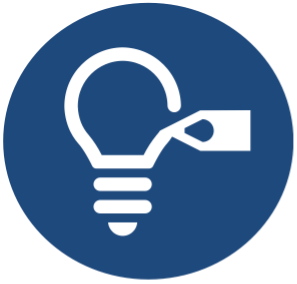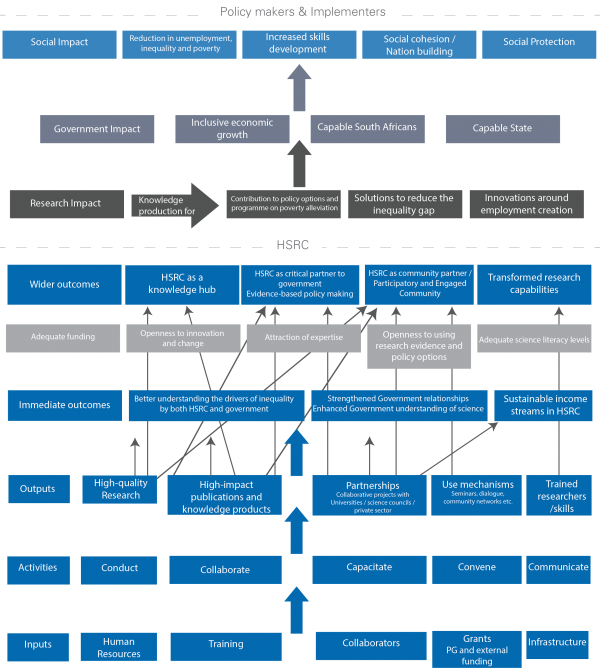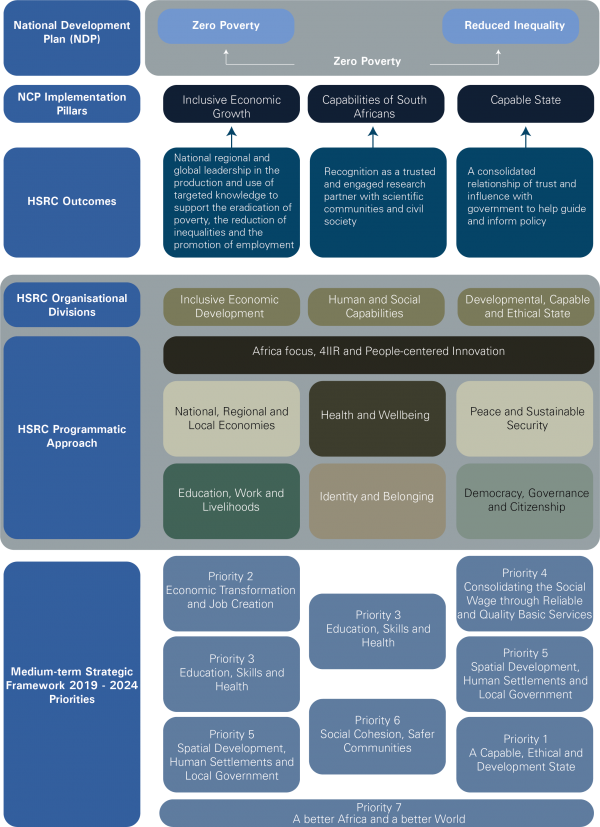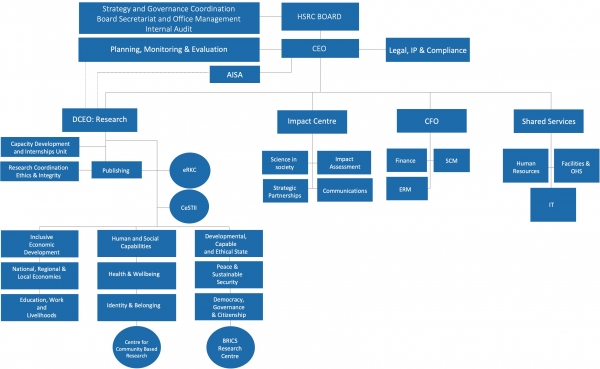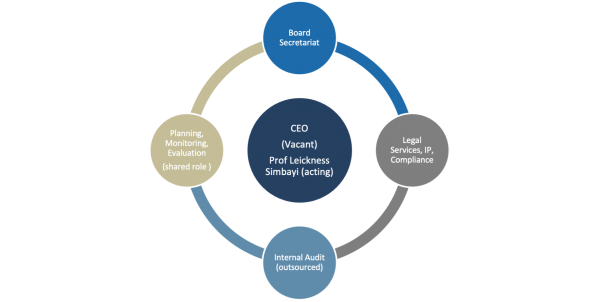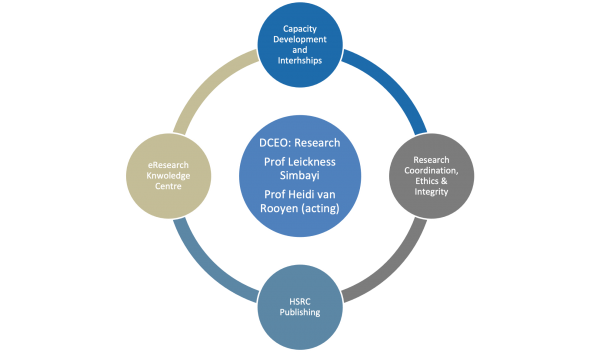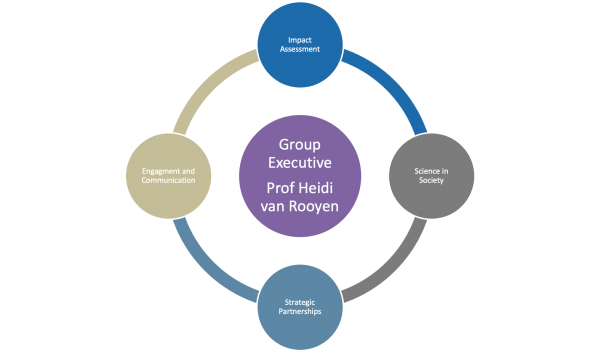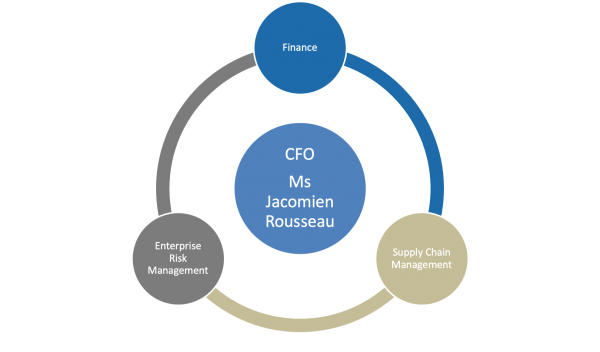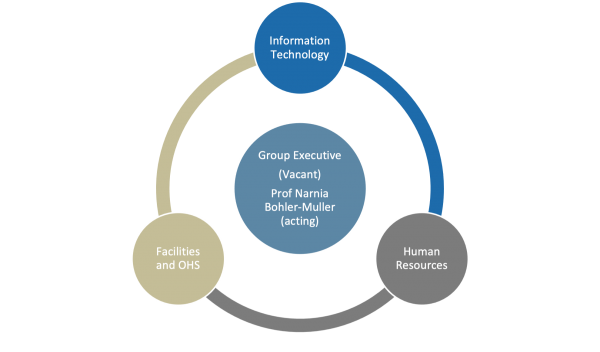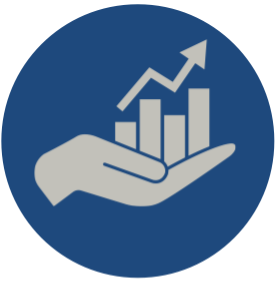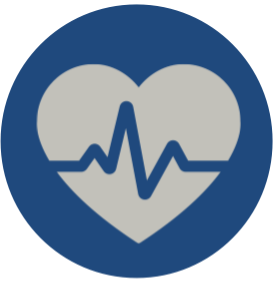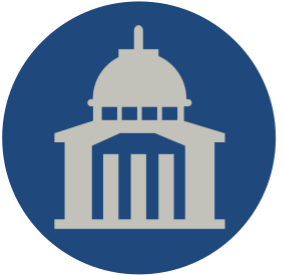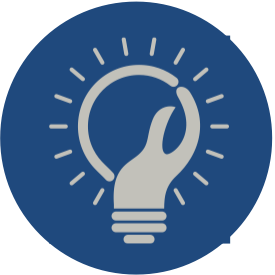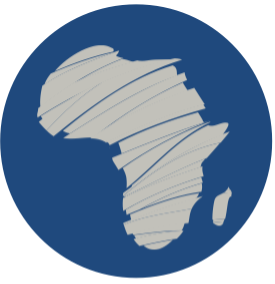Mission, Vision and Values
The HSRC at a glance
Mandate
The HSRC derives its mandate from the HSRC Act, Act 17 of 2008. Section 3 of the Act requires the HSRC to:
a)Initiate, undertake and foster strategic basic and applied research in human sciences, and to address developmental challenges in the republic, elsewhere in Africa and in the rest of the world by gathering, analysing and publishing data relevant to such challenges, especially by means of projects linked to public sector oriented collaborative programmes;
aa)The Science and Technology Laws Amendment Act (Act 9 of 2020) expanded on this objective by providing for the Council to perform its functions in any territory outside of the Republic.
b)Inform the effective formulation and monitoring of policy, as well as evaluate the implementation thereof;
c)Stimulate public debate through the effective dissemination of fact-based research results;
d)Help build research capacity and infrastructure for the human sciences;
e)Foster research collaboration, networks and institutional linkages;
f)Respond to the needs of vulnerable and marginalised groups in society through research and analysis of developmental issues, thus contributing to the improvement of the quality of their lives;
g)Develop and make available data sets underpinning research, policy development and public discussion of developmental issues; and
h)Develop new and improved methodologies for use in the development of such data sets.
Vision and Mission
The HSRC will be a national, regional and global leader in the production and dissemination of transformative social science and humanities research in the interests of a just and equal society
The HSRC produces leading-edge policy research, through engaged scholarship, to utilise in understanding and explaining social conditions and informing social change for inclusive growth in communities
Acceptance
Respecting equality and embracing ideas, speaking out against discrimination of any kind.
Critical friendship
Pursuing non-partisanship but collaborating with all stakeholders, including government.
Integrity
Conducting business honestly, diligently and underpinned by ethical principles.
Embracing, but not abusing, intellectual freedom.
Respect
Treating colleagues, stakeholders and members of the public with dignity and humility.
Observing organisational policies and processes.
Preserving the environment and natural resources.
Excellence
Undertaking leading-edge research while remaining relevant.
Trust
Creating a safe and supportive working environment for colleagues
Theory of change
Programmatic alignment with national priorities
Organisational structure
Programme 1: Administration
Office of the CEO
The Office of The Deputy Chief Executive Officer: Research (DCEO: R)
The Group Executive: Impact Centre
The Office of The Chief Financial Officer (CFO)
The Office of The Group Executive: Shared Services
Research, Development and Innovation
Sub-programme 1:Inclusive Economic Development
Research to identify priority actions to generate faster national economic growth.
Sub-programme 2:Human and Social Capabilities
To actively explore the ways in which agency, attitudes, aspirations, capabilities and other psychosocial factors reinforce or liberate people from the constraints imposed by their social environments.
The Centre for Community-Based Research (CCBR), located at Sweetwaters in KwaZulu-Natal, is housed in the Human and Social Capabilities Division.
Sub-programme 3:Developmental, Capable and Ethical State
Research, implementation and advocacy support in the service of the public good and South Africa’s national priorities to strengthen social cohesion; create safe communities; build a capable, ethical and developmental state; and work towards a better Africa and world. The BRICS Research Centre (BRC) is located in the Developmental, Capable an Ethical State Division.
Sub-programme 4:Centre for Science, Technology and Innovation Indicators CeSTII is mandated by the Minister Higher Education, Science and Technology to contribute to official science, technology and innovation statistics in South Africa. Countries measure and monitor research and experimental development (R&D) and innovation activities, to track the dynamics and patterns of human resources, expenditure and focus areas, in relation to how they promote economic growth
Sub-programme 5:Africa Institute of South Africa
To lead and co-ordinate the HSRC’s engagements on the Continent. AISA acts as a catalyst for research and implementation support across the continent. AISA undertakes basic, applied policy-relevant and comparative research and seeks to build capacity and provide policy advice and implementation support to advance South Africa’s African Agenda, Agenda 2063 and the Sustainable Development Goals.


